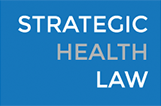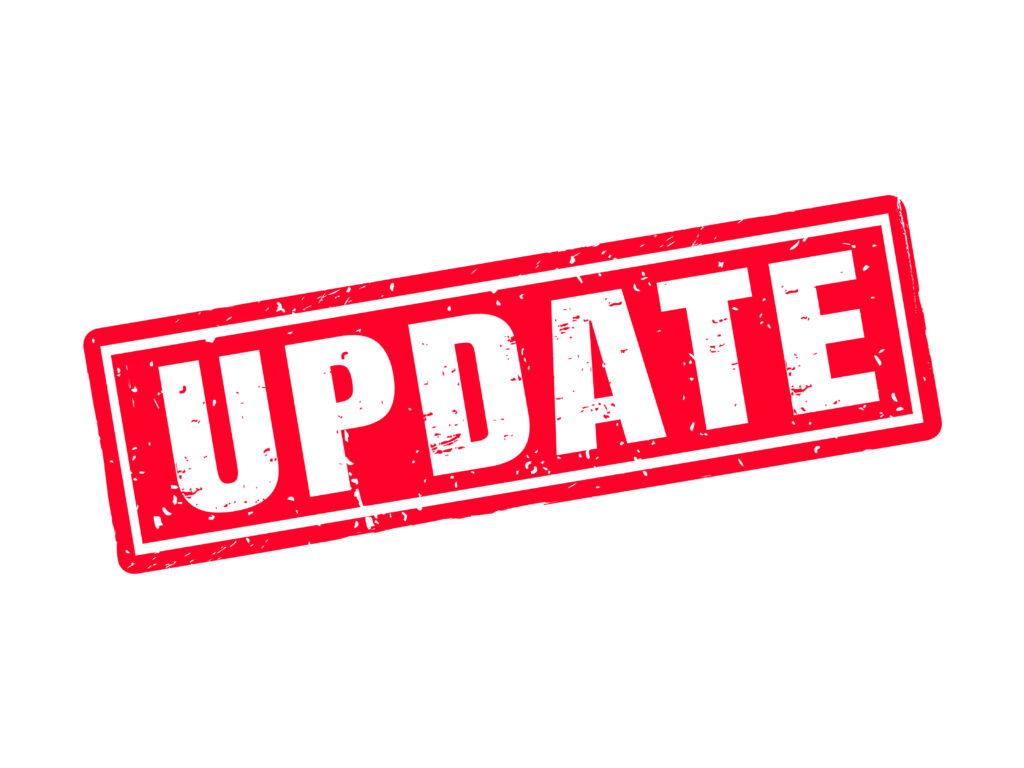New DOJ Whistleblower Program for Commercial Fraud Reports

By Katarina Weessies
On August 1, 2024, the U.S. Department of Justice (DOJ) introduced its Corporate Whistleblower Awards Pilot Program, a three-year program designed to fill gaps in federal agency whistleblower programs. A key function of this new program is to bolster enforcement of misconduct that is not prosecutable under the False Claims Act (FCA). The FCA only imposes liability for fraud against the federal government, which creates a gap in enforcement for fraud against other organizations or individuals. The Whistleblower Pilot Program targets misconduct against non-federal government organizations or individuals, such as private payors or patients.
The Whistleblower Pilot Program allows reporters to submit information to the DOJ related to priority areas, including federal healthcare crimes by private payors, fraud against patients, and fraud against other non-government healthcare entities. Whistleblowers with independent, original knowledge of corporate violations related to the priority areas can submit information to the DOJ for a reward. If the information leads to a forfeiture exceeding $1 million following a successful prosecution, corporate criminal resolution, or civil forfeiture action, the whistleblower can receive an award of up to 30% of forfeitures of up to $100 million, and up to 5% of forfeitures between $100 million and $500 million. These awards are discretionary and not subject to judicial review.
The program does not have a “first to file” bar, which means that multiple people can receive an award for reporting the same misconduct, so long as each whistleblower’s report materially adds to the DOJ’s investigation and significantly contributes to the forfeiture. When an award is distributed among multiple whistleblowers, the total combined amount cannot exceed the reward percentages described above.
Whistleblowers have the option to report offenses to internal compliance systems first, and then to the DOJ within 120 days of the internal report. While whistleblowers can also report directly to the DOJ, reporting first via internal compliance systems can increase their share in a future reward.
The program creates an incentive for entities to self-report misconduct. Entities that self-report within 120 days of an internal complaint are eligible for a presumption of declination under the DOJ’s Corporate Enforcement Policy. This means that even if a whistleblower reports first, the DOJ will decline to prosecute an offense that is self-reported, absent aggravating factors. Under the FCA, entities that self-disclose typically only receive leniency during the resolution of their FCA case but are not eligible for a presumption of declination.
The Corporate Whistleblower Pilot Program includes eligibility requirements for whistleblower rewards. To be eligible for an award under the new program:
- The whistleblower must not have meaningfully participated in the reported criminal activity;
- The whistleblower’s report must have been voluntary;
- The report must not have been made in response to a request by the DOJ or in connection with another obligation to report the criminal activity, such as an existing enforcement action; and
- The whistleblower must agree to cooperate with any resulting DOJ investigation or prosecution/enforcement action.
The pilot program includes fewer protections against retaliation than the FCA. FCA qui tam relators may bring a separate civil action against their employer in instances of alleged retaliation. Under the Corporate Whistleblower Pilot Program, protection for retaliation is discretionary. Whistleblowers can separately report any retaliation they experience to the DOJ, and the DOJ may take the retaliation into consideration when assessing whether an entity under investigation cooperated with its investigation. The pilot program does not grant whistleblowers a separate cause of action for retaliation.
While it is not yet clear how the pilot program will affect the enforcement landscape, it creates more opportunity for whistleblowers to report suspected misconduct and seek potential rewards. Healthcare industry stakeholders should be prepared for an increase in whistleblower reports, including internal reports. Entities in the healthcare industry, including private payors and provider organizations, should revisit their internal reporting policies to ensure they can promptly respond to internal reports and, when appropriate, assess whether to self-report to DOJ.




